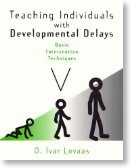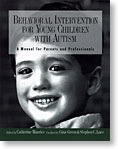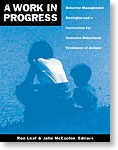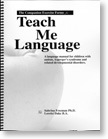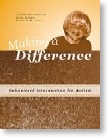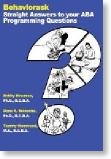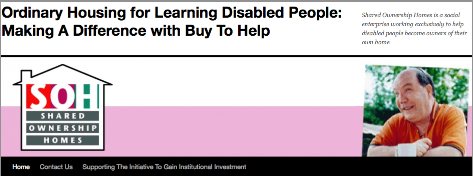Asperger's Syndrome
Living with Dignity
30/07/11 16:53
Setting up housing in a dignified manner is the most challenging part of all, figuring out how someone with autism can live with dignity even when they need to be supported.
So far, these are the models that I’ve found; however, this whole area is evolving and is, truly, in its infancy. Hopefully, as more children with autism grow into adulthood, more options will become available due to innovative parents who generally seem to pave the way.
These homes are set up when an adult cannot live alone. There is not much written on this model: generally, these homes take the principles of Applied Behavior Analysis and apply them to an adult living in the community in a home which is staffed by professionals with a background in ABA. I personally know of only three of these homes, and all are funded, either directly or indirectly, by government. It would be great if we could figure out a way to create ABA Teaching Homes that are independently funded, or self-sustaining, so we could get government out of the business of making decisions for disabled people.
There is one village that I found designed to provide developmentally delayed adults a place to live. It is not designed for people with ASD specifically; however, at first glance it looks as if there are many appealing aspects to the place (of course, the details are crucial). It would be interesting to see whether this is a model that could be adapted for people with autism. The only issue here is that it appears to be segregated, which I find ethically problematic. Perhaps there is a way to create this kind of village, but have it integrated. Also, this village is funded indirectly by government which can be problematic in lean times. Here is a link about the village: Kishor Village
So far, this is the most appealing model that I’ve found, although once again, there is not too much written on it. The general idea is that the person with autism lives in the community and has supports designed around that person’s needs. The main problem with this model is the funding. I’ve not yet found a way to have this model funded separately from government and if government is responsible for the funding, it will be precarious since government can fund and defund at will. Britain appears to have some ideas about this model when it comes to disabled people living in homes they own; however, I have not found anything compelling that is specific to autism, which is a bigger challenge.
So far, these are the models that I’ve found; however, this whole area is evolving and is, truly, in its infancy. Hopefully, as more children with autism grow into adulthood, more options will become available due to innovative parents who generally seem to pave the way.
- ABA Teaching Homes
These homes are set up when an adult cannot live alone. There is not much written on this model: generally, these homes take the principles of Applied Behavior Analysis and apply them to an adult living in the community in a home which is staffed by professionals with a background in ABA. I personally know of only three of these homes, and all are funded, either directly or indirectly, by government. It would be great if we could figure out a way to create ABA Teaching Homes that are independently funded, or self-sustaining, so we could get government out of the business of making decisions for disabled people.
- Villages for adults who need supervision
There is one village that I found designed to provide developmentally delayed adults a place to live. It is not designed for people with ASD specifically; however, at first glance it looks as if there are many appealing aspects to the place (of course, the details are crucial). It would be interesting to see whether this is a model that could be adapted for people with autism. The only issue here is that it appears to be segregated, which I find ethically problematic. Perhaps there is a way to create this kind of village, but have it integrated. Also, this village is funded indirectly by government which can be problematic in lean times. Here is a link about the village: Kishor Village
- Supported Living
So far, this is the most appealing model that I’ve found, although once again, there is not too much written on it. The general idea is that the person with autism lives in the community and has supports designed around that person’s needs. The main problem with this model is the funding. I’ve not yet found a way to have this model funded separately from government and if government is responsible for the funding, it will be precarious since government can fund and defund at will. Britain appears to have some ideas about this model when it comes to disabled people living in homes they own; however, I have not found anything compelling that is specific to autism, which is a bigger challenge.


